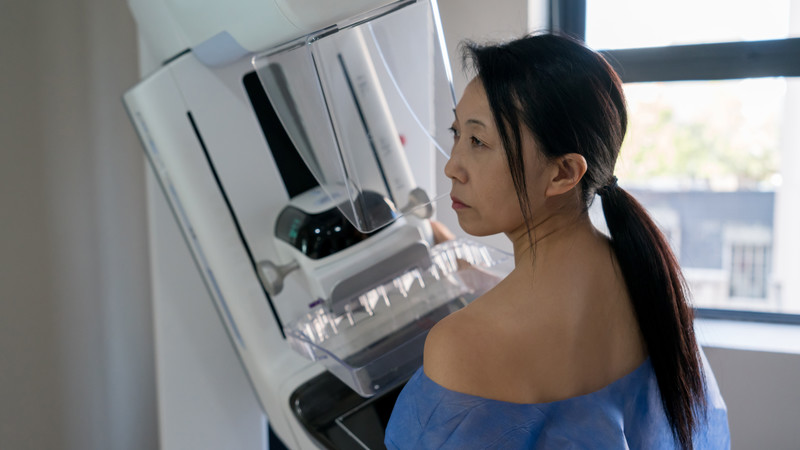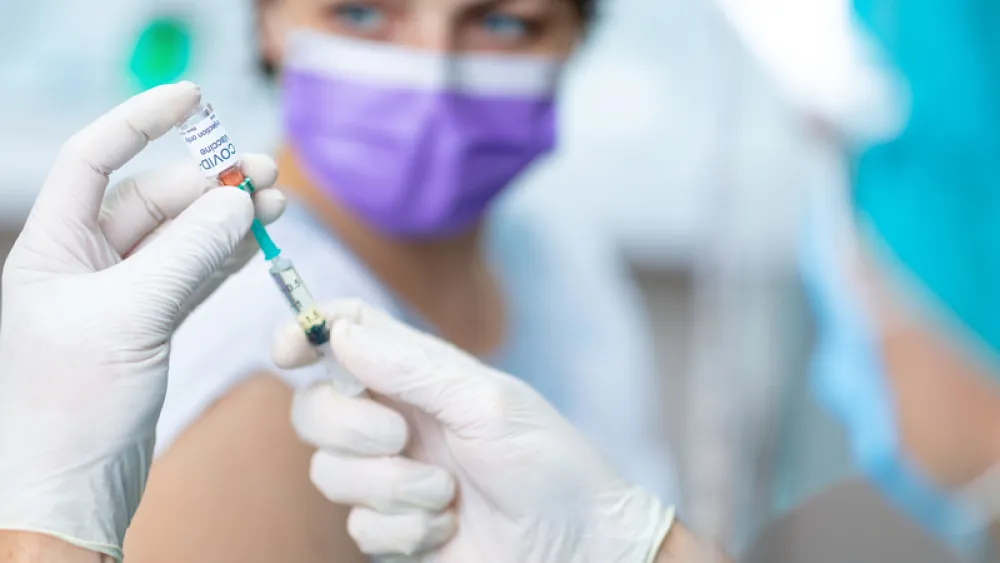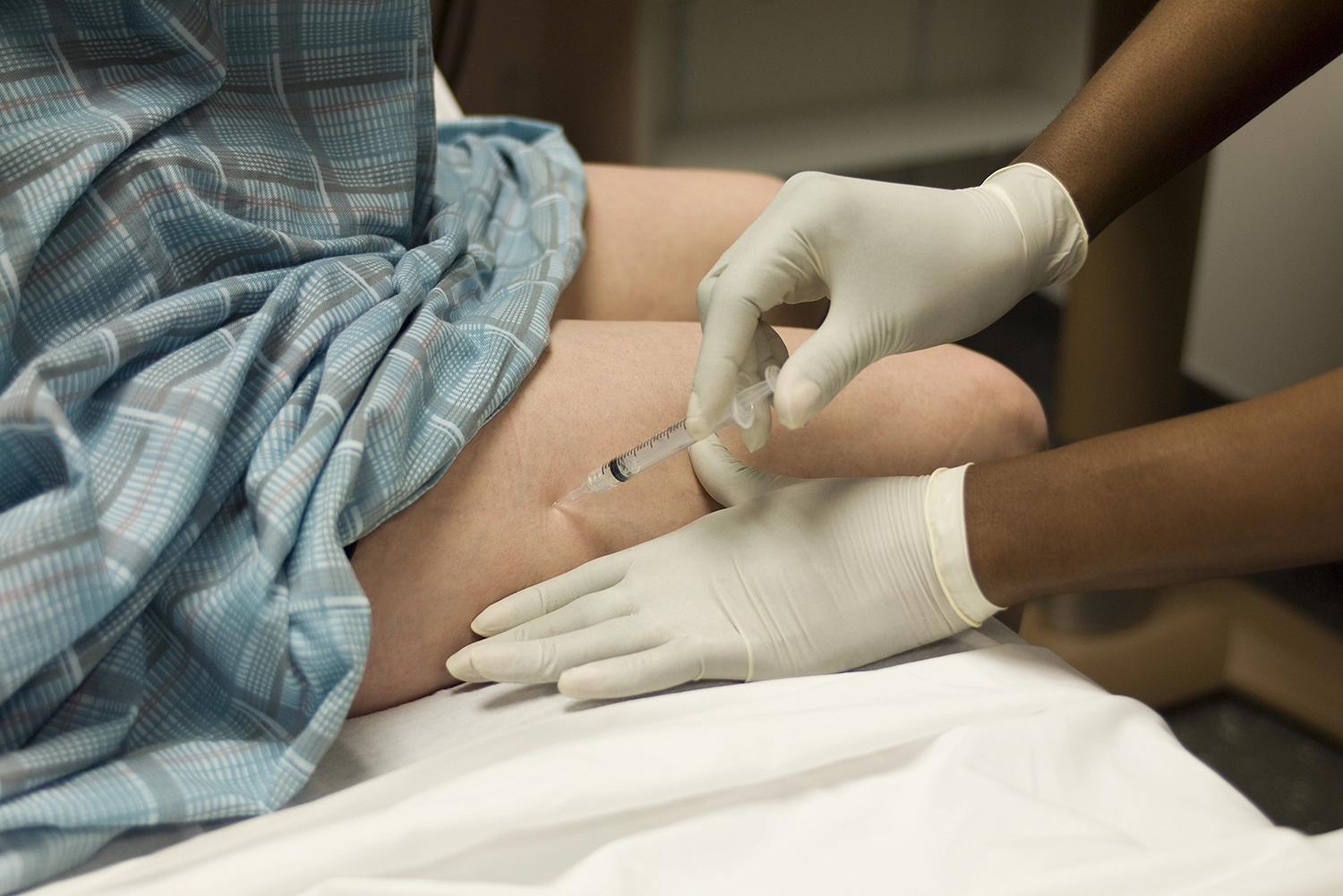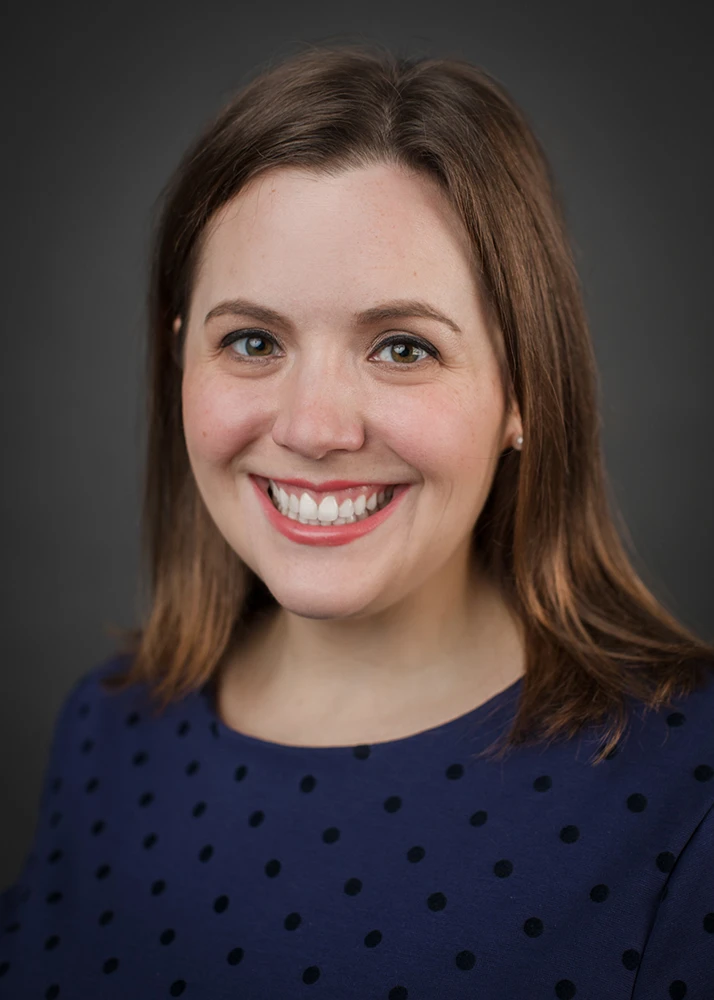
Cancer Care
Cancer and the COVID-19 Vaccine: What Patients Should Know
Published: March 25, 2021

As COVID-19 vaccines become available to more groups, questions have emerged surrounding recommendations for cancer patients and those undergoing cancer screenings. We went to Methodist’s experts for answers on vaccine safety, what’s going on with mammograms, what lymphedema patients need to know and more.
Frequently Asked Questions
Should cancer patients get the COVID-19 vaccine?
“We’re encouraging all cancer patients to get their COVID-19 vaccination as soon as they’re eligible,” said Methodist Physicians Clinic infectious disease specialist Jessica Jones, MD. “We know in the hospital how devastating COVID-19 can be. We know that with their weaker immune system, they’re going to be at risk for a worse outcome. And we want to try to vaccinate as many people as possible before more variants emerge or become the predominant strain locally.”
Dr. Jones said that because people with cancer or a history of cancer may have weakened immune systems, the vaccine may not be as effective as it is in those with stronger immune systems – “but any sort of protection is better than none at all,” she said.
Are all COVID-19 vaccines authorized for use in the U.S. safe for cancer patients?
Yes. According to Dr. Jones, vaccines not recommended for cancer patients are those that contain live viruses, which may not be safe for people with weakened immune systems. None of the available COVID-19 vaccines in the U.S. contain live viruses, and there are no drug interactions with any chemotherapy agents.
How should I time my COVID-19 vaccine with my cancer treatments?
Dr. Jones said that timing the COVID-19 vaccine can be difficult because you can’t always predict when you’ll be eligible to schedule an appointment.
“For the most part, we’re recommending not trying to time it with chemotherapy or other treatments,” she said. “It’s more important that when you’re eligible and feel good, go get it.”
Why is the COVID-19 vaccine affecting some mammogram screenings?
One of the possible side effects of the COVID-19 vaccine is swelling of the lymph nodes – particularly under the arm in which a person got the injection. (Some people have experienced swelling in the lymph nodes of the neck as well.) However, swollen lymph nodes under the arm can appear on mammogram screenings and be a sign of breast cancer.

What are my next steps if I recently got the COVID-19 vaccine and my mammogram comes back abnormal?
Diagnostic radiologist Richard Kutilek, MD, the imaging director of the Breast Care Center at Methodist Estabrook Cancer Center, said that before mammogram screenings, his team asks the patient if they’ve recently had the COVID-19 vaccine and in which arm. If the mammogram shows an abnormality around the nodes under the arm in which you got the injection, it’s possible that it’s simply a harmless reaction to the COVID-19 vaccine.
“We’re taking a measured approach,” Dr. Kutilek said, meaning his team doesn’t immediately send patients for an ultrasound. “We already know the lymph nodes will be enlarged.”
Instead, they’re recommending that patients return in six to eight weeks to repeat the mammogram. The goal is to avoid unnecessary ultrasounds and biopsies – and unnecessary anxiety for the patient.
“If the lymph nodes are back to normal size, then we’re done,” he said. “If the lymph nodes are still enlarged, then we’ll work them up. The finding could represent something else other than a vaccine reaction.”
I’m scheduled for a mammogram in a few weeks, but I’m getting the COVID-19 vaccine before then. Should I reschedule my mammogram?
According to Dr. Kutilek, that choice is yours.
“Don’t delay any necessary imaging,” he said. “Or if you’re going to get the vaccine, get your imaging done beforehand. If you can’t do that, by all means, get the imaging and just let the team know that you’ve had the vaccine – they should ask you.”
I have breast cancer in my right breast. Does it matter in which arm I get the vaccine?
If you have breast cancer, swollen lymph nodes under the arm can be a sign that cancer has spread. Dr. Kutilek recommended that if you have breast cancer or have a history of breast cancer, you should get vaccinated on the arm opposite your breast cancer or surgery. So if you’ve had cancer or breast surgery in your right breast, you should get vaccinated on your left arm. If you’ve had cancer or surgery in both breasts, talk with your provider about where you should get your injection.

Is the COVID-19 vaccine safe for people with lymphedema or who are at risk for lymphedema?
Lymphedema – swelling in the body – can be caused by the removal or damage of the lymph nodes from cancer treatment. Those who have had nodes removed or damaged are at risk for developing lymphedema.
“It’s safe for people with lymphedema and those at risk for lymphedema to get the COVID-19 vaccine, but, if possible, it should be given in an area of the body that is not swollen or at risk,” said Wendy Buchholz, OTR/L, CL-LANA, a certified lymphedema therapist at Methodist Estabrook Cancer Center.
Her recommendations:
- If you have lymphedema in one arm, get the injection in the opposite arm.
- If you are at risk for lymphedema, get the injection in the opposite arm of where your lymph nodes were removed or damaged.
- If you have lymphedema in both arms or have had lymph nodes removed on both sides, get the injection in your leg. According to Dr. Jones, all three vaccines are safe to receive in the leg.
- If you’ve had lymph nodes removed on both sides but it’s not possible to receive the vaccine in your leg, have the shot administered on the side with the fewest lymph nodes removed.
- If you need to have the vaccine administered in your leg and are worried about privacy, seek out a vaccine at a pharmacy with a private room instead of a mass vaccination clinic.
Patients with lymphedema or who are at risk need to be mindful about swelling and watch out for breaks in the skin.
“For people with lymphedema, any break in the skin is an opening for bacteria to enter and potentially cause an infection,” Buchholz said. “The risk is lower with a sterile injection such as a vaccine, but there may be an inflammatory reaction to the vaccine which would bring increased fluid to the area – and therefore increase swelling. Some people have complained of pain and swelling at the injection site, so it’s better to avoid an area that is already swollen or at risk."
I’m still undecided about getting the vaccine. Why can’t I just wait and see?
Beyond the vaccine’s potential to prevent serious illness or death from COVID-19, there’s an urgency to vaccinate as much of the population as possible before more variants spread or develop. There’s evidence now that the B.1.1.7 variant that originated in the United Kingdom mutated for possibly months in someone with a weakened immune system before infecting others.
“We know that people who have weaker immune systems take longer to clear the virus out of their system,” Dr. Jones said. “For most of us after getting COVID-19, we’re typically no longer contagious after 10 days. But we know individuals with weaker immune systems can harbor the virus weeks and months later. That’s even more of a reason to get everyone vaccinated. If the virus can’t infect anyone, it can’t mutate.”
Dr. Jones also stressed that the vaccine is our way back to our family and friends. For many vulnerable cancer patients, this has been lost time. And for those worried about adverse effects, she says to just look at the numbers.
“The chances of you having a bad event with a vaccine pales in comparison to your risk if you have cancer and get COVID-19,” she said. “And that’s what we’re seeing. There are over 500,000 Americans dead from COVID-19. We’re not going to get 500,000 deaths from a vaccine.”
More Resources
- Learn how to help older adults reengage with loved ones and activities.
- Get answers to questions about life after the COVID-19 vaccine.
- Learn more about how to minimize common COVID-19 side effects.
- Follow Methodist on Facebook, Twitter and Instagram for the latest COVID-19 updates.


